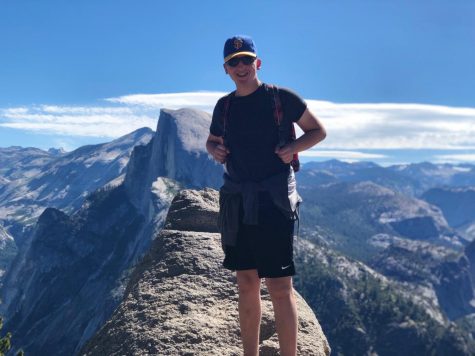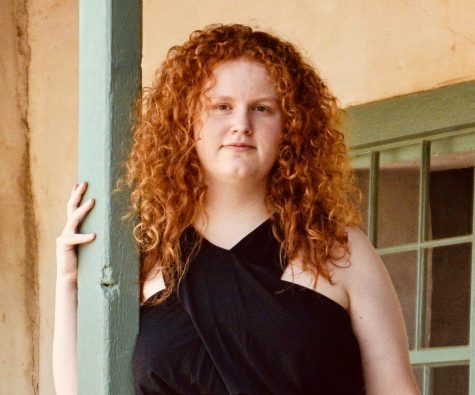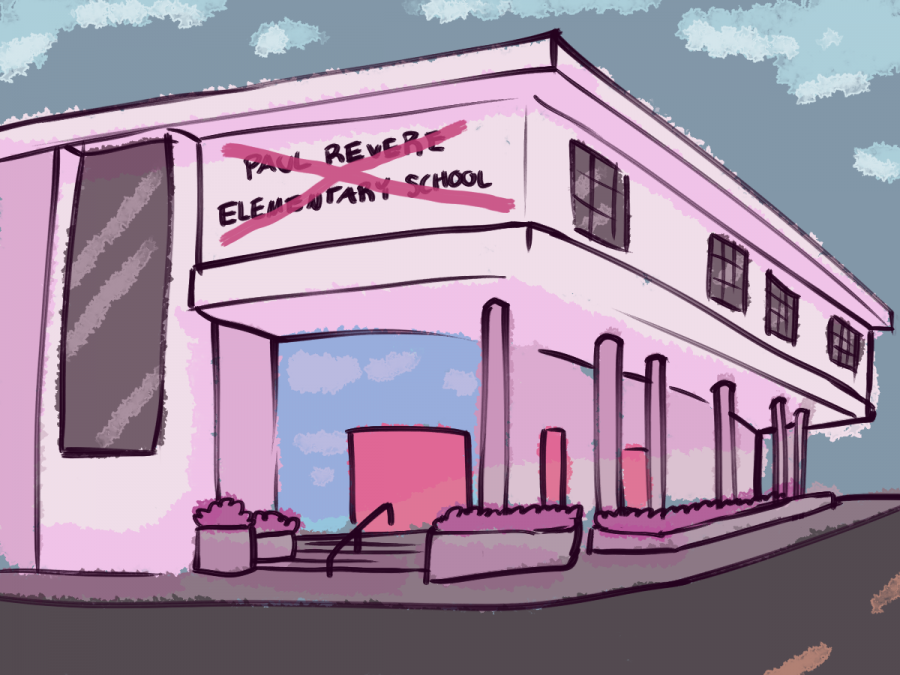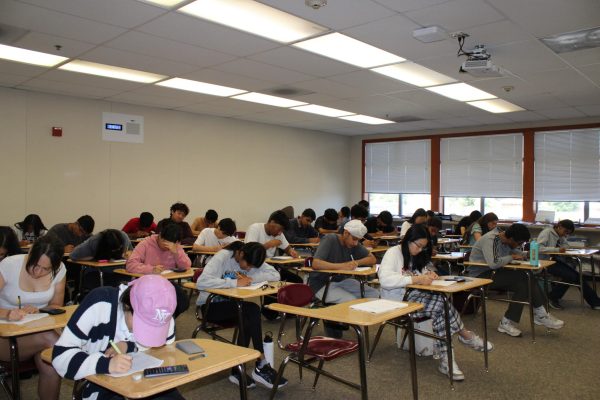San Francisco School Board ignores historical facts in the decision to rename 44 schools
Paul Revere Elementary is one of many San Francisco schools being renamed due to historic controversy.
San Francisco Unified School District voted on Jan. 27 to rename 44 of its schools. The specific reasoning for each renaming differed from school to school, but the overall goal of the initiative was to remove any mention of historical figures who were involved in the oppression of women or minority groups.
This, the district reasoned, would help uplift minority groups in the district while also instilling a sense of school pride in all students, not just some.
In February, it was announced that the renaming process would be halted in order to focus on reopening schools. Gabriela López, the president of the district’s school board, also said that she “took responsibility for mistakes made in the building renaming process.”
Uplifting minority groups and instilling school pride are by no means ignoble goals. And the idea of renaming buildings to better fit our modern ethos is not a new one. Several schools in the U.S. that were originally named after Confederate figures have been renamed in the past several years. Robert E. Lee High School in Virginia was recently changed to honor the late civil rights activist John Lewis. The potential renaming of several U.S. army bases bearing the names of Confederate leaders has also been a hotly contested topic.
But it is not the overarching goal that raises an issue. It is the way that the school board chose to go about achieving it. Rather than deciding which names to change carefully and methodically, the board essentially decided on a whim which schools to rename.
Many of the changes are controversial, such as removing the names of George Washington for owning slaves and Abraham Lincoln for his role in the execution of 38 Dakota Sioux after the U.S.-Dakota War of 1862. These choices raise their own issues.
Should we disregard the great accomplishments of these historical figures because of the fact that they have also done terrible things? Perhaps. Perhaps not. But in order to even begin to make such a decision, one needs to be adequately prepared and properly informed. Unfortunately, the San Francisco school board was neither. The decisions to rename these schools were backed up by hastily done research and not much else. Not a single historian was involved in the decision making process.
The board also failed to realize the nuance of these historical figures’ flaws. For example, Lincoln was responsible for ordering the execution of 38 Dakota Sioux, but he also commuted the death sentences of 264 other Dakota at the same time.
While the reasoning for some of these changes is shaky, it is outright incorrect for others. For example, one of the schools to be renamed is Paul Revere Elementary School because of the claim that Revere was involved in the Penobscot Expedition, which was an alleged attempt to colonize the Penobscot people of Maine. But the Penobscot Expedition was actually a campaign fought between the British and Americans during the Revolutionary War, which had nothing to do with the Penobscot people.
Another example was the decision to rename James Lick Middle School because of his involvement in funding the creation of the racist statue “Early Days.” It was not taken into consideration, however, that the statue design was picked several years after Licks’ death by members of his estate, not by Lick himself.
These mistakes would be embarrassing if made in casual conversation. They’re downright deplorable given that they were made by educators. The members of the San Francisco school board, as with any school board, have been entrusted with the safety and education of the students in their district. How can they be trusted to bring about accurate, unbiased learning when they themselves can’t be bothered to get the facts right?
The mission the San Francisco school district has taken without the guidance of any experts represents a larger, all too common theme in our country: people deciding that the facts matter less than what they happen to believe. It can be seen in the anti-vaccination movement, the anti-mask movement, and the movement claiming the 2020 election was “stolen.”
Time and time again, people choose to ignore experts in relevant fields and instead listen to social media, celebrities, or other sources that falsely confirm what they believe to be true. This trend is scary enough on its own. It becomes terrifying when picked up by public educators.
Now that the proposition of renaming the schools has been postponed, the San Francisco school district has time to correct their mistakes. If board members do choose to follow through with renaming their schools, they have to do it right. Historians and the community must both be consulted in order to produce a realistic plan to move forward.
Only then can the San Francisco Unified School District achieve its goal of uplifting students while also remaining committed to the truth.

Tyler Lunn is a senior, and is hoping to develop his writing skills through his new role as a reporter. Aside from writing, he enjoys biking, spending...

A senior at California High School, Rebecca Newman is a third-year newspaper student and is currently the graphics editor for the Californian. She spends...


